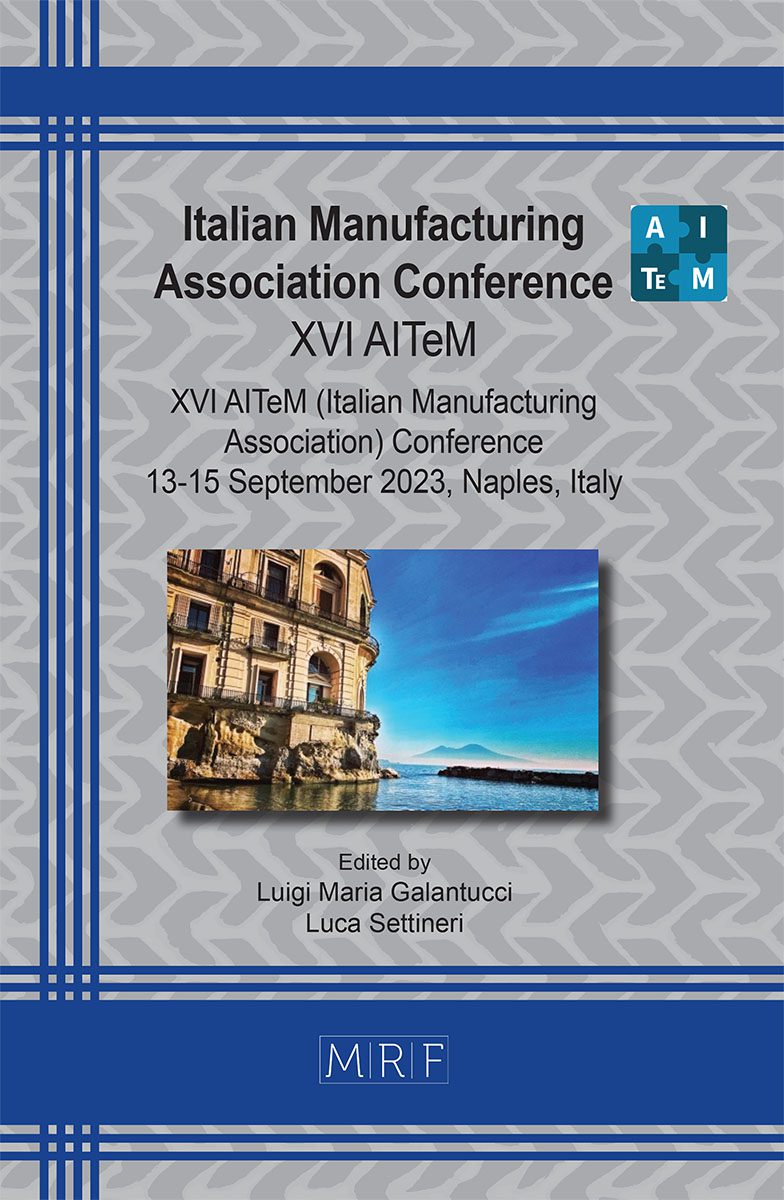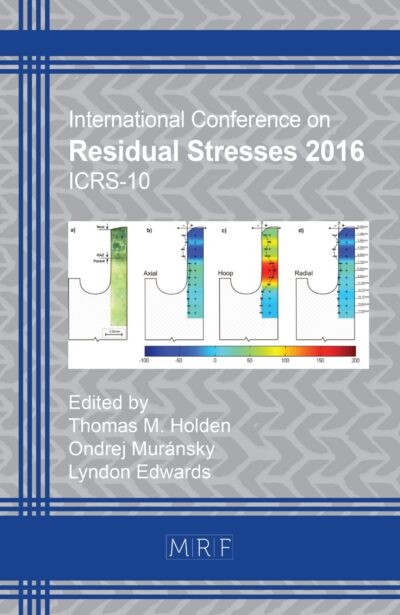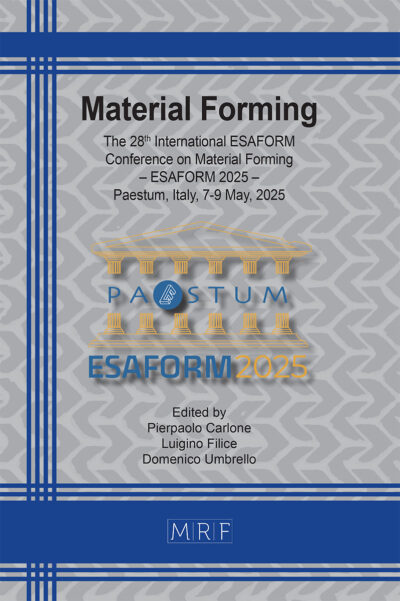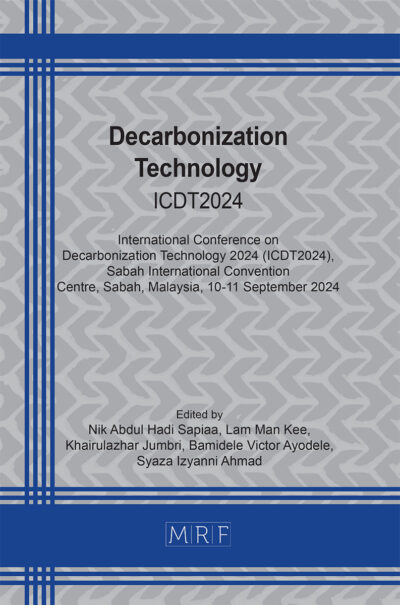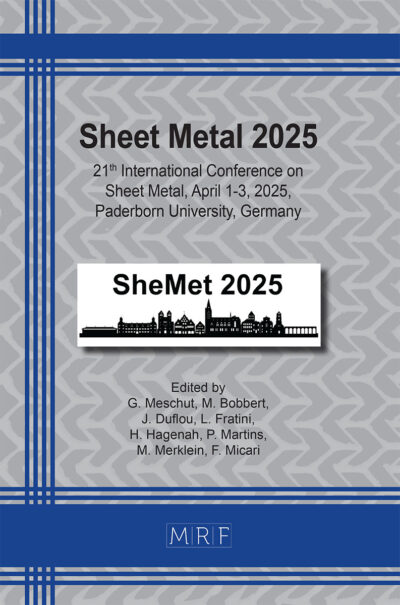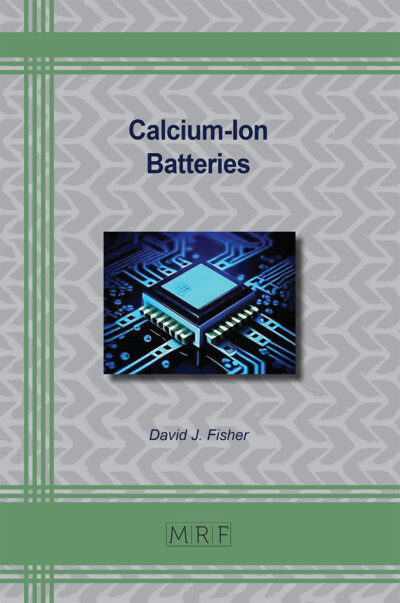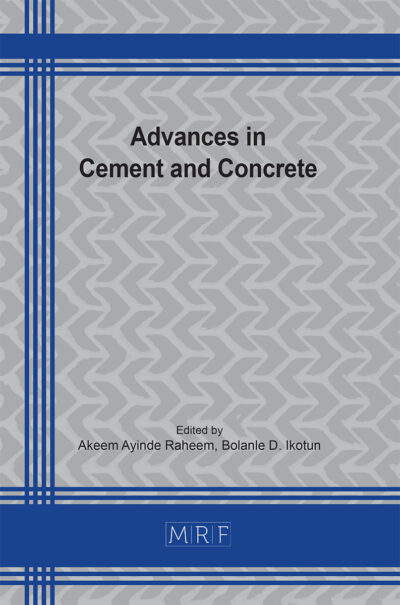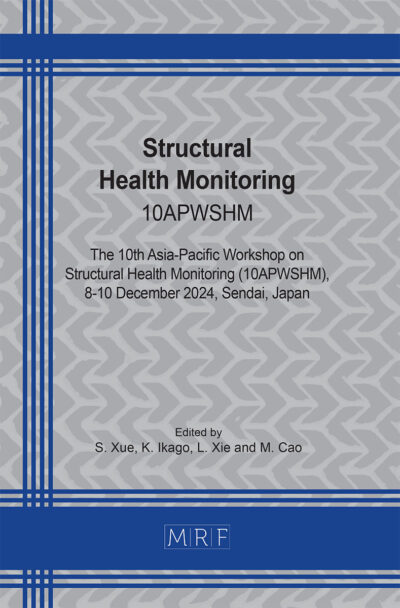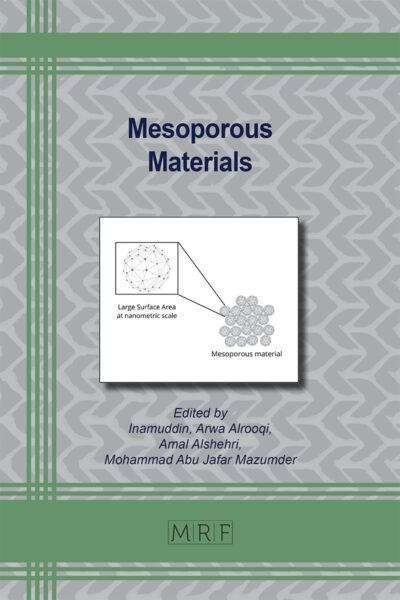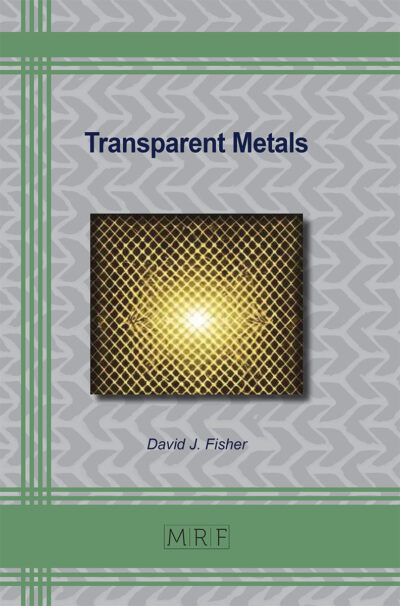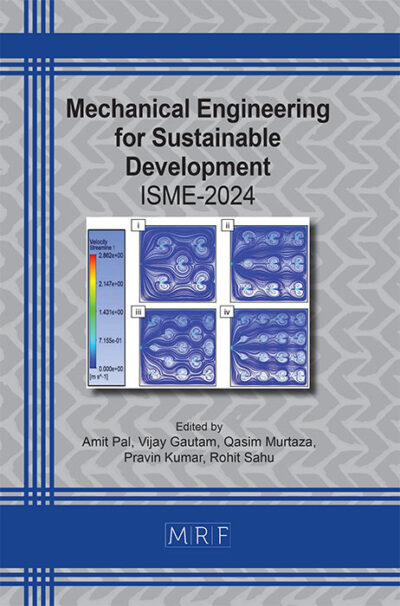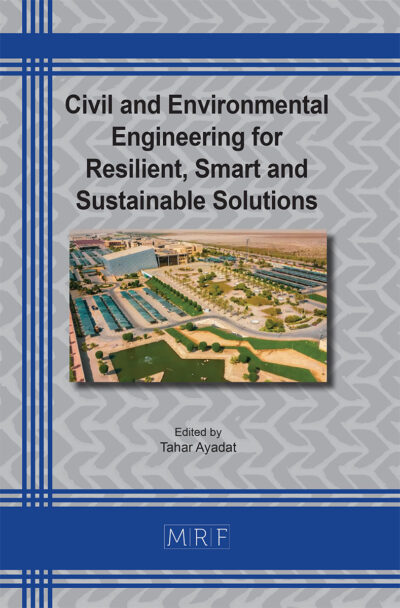Addressing idle and waiting time in short term production planning
Erica Pastore, Arianna Alfieri, Claudio Castiglione
download PDFAbstract. Production systems are facing the increase of economic and sustainability challenges in managing production resources, demand variability and variety, and the increasing shortage of materials. Thus, short-term production planning must include several aspects and consider multiple objective functions simultaneously. In this context, controlling and optimizing waiting and idle times might lead to various benefits, as they are among the main cost sources in production systems and can affect the feasibility of operations from a technological perspective. While waiting time is related to the work in process, idle time refers to a low utilization rate, and both may generate inefficiency and costs. This paper studies how different emphasis to waiting and/or idle time can affect the solution of short-term production planning with several industrially relevant objectives.
Keywords
Production Planning, Scheduling, Flowshop
Published online 9/5/2023, 9 pages
Copyright © 2023 by the author(s)
Published under license by Materials Research Forum LLC., Millersville PA, USA
Citation: Erica Pastore, Arianna Alfieri, Claudio Castiglione, Addressing idle and waiting time in short term production planning, Materials Research Proceedings, Vol. 35, pp 10-18, 2023
DOI: https://doi.org/10.21741/9781644902714-2
The article was published as article 2 of the book Italian Manufacturing Association Conference
![]() Content from this work may be used under the terms of the Creative Commons Attribution 3.0 license. Any further distribution of this work must maintain attribution to the author(s) and the title of the work, journal citation and DOI.
Content from this work may be used under the terms of the Creative Commons Attribution 3.0 license. Any further distribution of this work must maintain attribution to the author(s) and the title of the work, journal citation and DOI.
References
[1] A. Alfieri, M. Garraffa, E. Pastore, F. Salassa, Permutation flowshop problems minimizing core waiting time and core idle time. Comp. & Ind. Eng., 108983. (2023) https://doi.org/10.1016/j.cie.2023.108983
[2] H. Aydilek, A. Aydilek, M. Allahverdi, A. Allahverdi, More effective heuristics for a two-machine no-wait flowshop to minimize maximum lateness. Inter. J. of Ind. Eng. Comp., 13(4), (2022) 543-556. https://doi.org/10.5267/j.ijiec.2022.7.002
[3] H. Öztop, M.F. Tasgetiren, L. Kandiller, Q.K. Pan, Metaheuristics with restart and learning mechanisms for the no-idle flowshop scheduling problem with makespan criterion. Comp. & Oper. Res., 138, 105616. (2022) https://doi.org/10.1016/j.cor.2021.105616
[4] W. Höhn, T. Jacobs, N. Megow, On Eulerian extensions and their application to no-wait flowshop scheduling. J. of Sched., 15(3) (2012) 295-309. https://doi.org/10.1007/s10951-011-0241-1
[5] M. de Fátima Morais, M.H.D.M. Ribeiro, R.G. da Silva, V.C. Mariani, L. dos Santos Coelho, Discrete differential evolution metaheuristics for permutation flow shop scheduling problems. Comp. & Ind. Eng., 166, 107956. (2022) https://doi.org/10.1016/j.cie.2022.107956
[6] R.g. Saber, M. Ranjbar, Minimizing the total tardiness and the total carbon emissions in the permutation flow shop scheduling problem. Comp. & Oper. Res., 138, 105604. (2022) https://doi.org/10.1016/j.cor.2021.105604
[7] R. Ruiz, E. Vallada, C. Fernández-Martínez, Scheduling in flowshops with no-idle machines. in: Computational intelligence in flow shop and job shop scheduling, (2009) 21-51. https://doi.org/10.1007/978-3-642-02836-6_2
[10] P.J. Kalczynski, J. Kamburowski, A heuristic for minimizing the makespan in no-idle permutation flow shops. Comp. & Ind. Eng., 49(1) (2005) 146-154. https://doi.org/10.1016/j.cie.2005.05.002
[1] Q.K. Pan, R. Ruiz, An effective iterated greedy algorithm for the mixed no-idle permutation flowshop scheduling problem. Omega, 44 (2014) 41-50. https://doi.org/10.1016/j.omega.2013.10.002
[12] H. Yuan, Y. Jing, J. Huang, T. Ren, Optimal research and numerical simulation for scheduling no-wait flow shop in steel production. J. of Appl. Math. (2013) https://doi.org/10.1155/2013/498282
[13] R. Alvarez-Valdés, A. Fuertes, J.M. Tamarit, g. Giménez, R. Ramos, A heuristic to schedule flexible job-shop in a glass factory. Eur. J. of Oper. Res., 165(2) (2005) 525-534. https://doi.org/10.1016/j.ejor.2004.04.020
[14] B. Na, S. Ahmed, G. Nemhauser, J. Sokol, A cutting and scheduling problem in float glass manufacturing. J. of Sched., 17 (2014) 95-107. https://doi.org/10.1007/s10951-013-0335-z
[15] A. Agnetis, D. Pacciarelli, Part sequencing in three-machine no-wait robotic cells. Oper. Res. Letters, 27(4), (2000) 185-192. https://doi.org/10.1016/S0167-6377(00)00046-8
[16] A.P. De Abreu, H.Y. Fuchigami, An efficiency and robustness analysis of warm-start mathematical models for idle and waiting times optimization in the flow shop. Comp. & Ind. Eng., 166, (2022) 107976. https://doi.org/10.1016/j.cie.2022.107976
[8] H. Singh, J.S. Oberoi, D. Singh, Multi-objective permutation and non-permutation flow shop scheduling problems with no-wait: a systematic literature review. RAIRO-Oper. Res., 55(1), (2021) 27-50. https://doi.org/10.1051/ro/2020055
[9] A. Allahverdi, A survey of scheduling problems with no-wait in process. Eur. J. of Oper. Res., 255(3), (2016) 665-686. https://doi.org/10.1016/j.ejor.2016.05.036
[17] K. Maassen, A. Hipp, P. Perez-Gonzalez, Constructive heuristics for the minimization of core waiting time in permutation flow shop problems. In 2019 International Conference on Industrial Engineering and Systems Management (IESM) (pp. 1-6). IEEE. (2019) https://doi.org/10.1109/IESM45758.2019.8948147
[18] W. Liu, Y. Jin, M. & Price, A new Nawaz-Enscore-Ham-based heuristic for permutation flow-shop problems with bicriteria of makespan and machine idle time. Eng. Opt., 48(10), (2019) 1808-1822. https://doi.org/10.1080/0305215X.2016.1141202
[19] E. Taillard, Benchmarks for basic scheduling problems. Eur. J. of Oper. Res., 64(2), (1993) 278-285. https://doi.org/10.1016/0377-2217(93)90182-M

